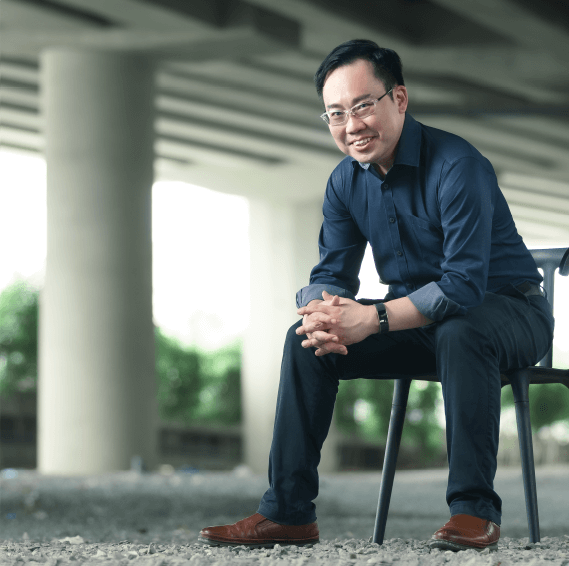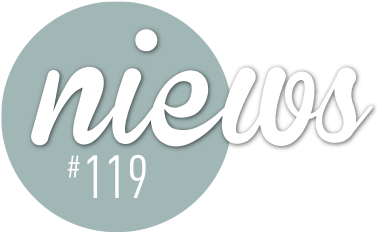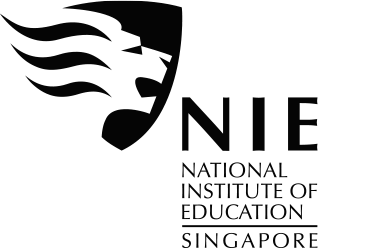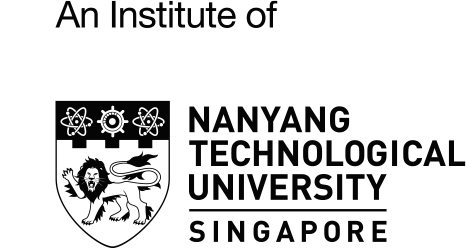
"The illiterate of the 21st century will not be those who cannot read and write, but those who cannot learn, unlearn and relearn." – Futurist Alvin Toffler (1928 – 2016)
Time flies! We have come to the end of the first quarter of 2022. The past two years have seen many of us learning new skills, unlearning what we were comfortable with and relearning what we used to do by considering the ever-changing new contexts. Learning is no longer an option. It is essential for us to thrive in the post-COVID world. As we transit into this new normal, we embrace new challenges, relook at the world around us, and come to terms again with the fundamentals of humanity — values.
Dr Betsy Ng reminds us in her essay that being work-ready goes beyond mere academic knowledge. What matters more is how we demonstrate the work-ready attributes necessary for a dynamic future workplace. She highlights the willingness to learn and being adaptable as essential mindsets for success. But what also counts are values like integrity, resilience and empathy — attributes that empower us to be a better person. It is how we respond to challenges, and not the challenges themselves, that gives us the resilience we need against negativities, depression, and stress.
In her contribution, Dr Teo Chua Tee reiterates that the “pursuit of education should not merely be about living a good life but living the life good”. Rather, holistic education is about building up good characters and cultivating positive values. Meanwhile, Assistant Professor Rebecca Heaton argues that art is one way to “give our youths fresh eyes and open minds” so that they can learn to “cultivate, create and craft a safer future for all”. Would deeper engagement in art, with the chance it offers to explore and express, provide the platform for values to be caught and taught? Teachers certainly play an important role in all of these. Dr Morgan Zhou’s sharing about the late Dr Teong Su Kwang, his primary school teacher, is a shining testimony of her legacy as a mentor to many.
Learning is no longer limited by the boundaries of a physical classroom. We have come so far in the last two years. From being clueless about conducting a Zoom lesson, to being able to orchestrate learning through hybrid learning spaces, the challenges we faced in the midst of this pandemic did not break us. Instead, many of us have continued to pass the torch for learning to the next generation. As we strive to reconnect with what it means to learn in 2022 and beyond, let us not focus solely on loving to learn but also learning to love.




